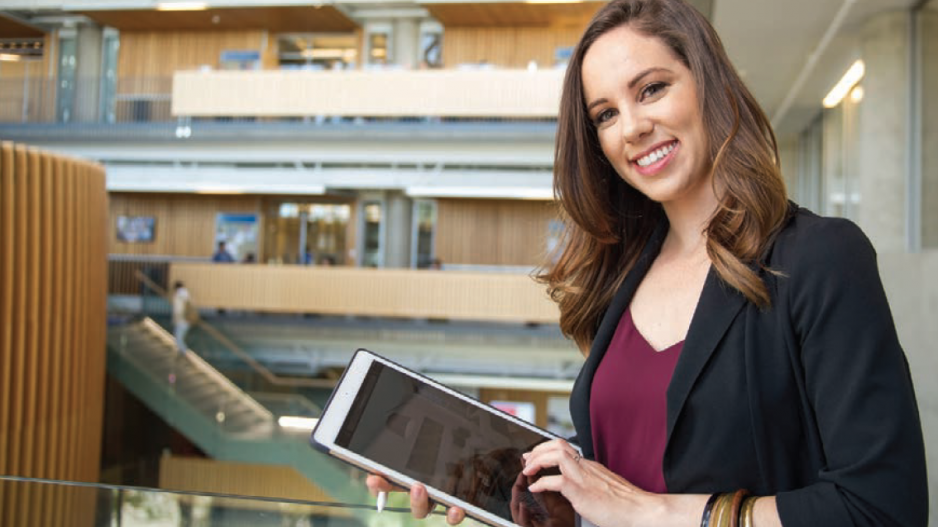Technology that showcases properties has become the new industry norm as Lower Mainland real estate sales continue to boom.
With virtual tours, 3D renderings, video clips and interior design software elevating home staging to another level, realtors must now employ photographers, videographers, computer-aided design technicians and interior designers to create artificial visuals. This has forced a real estate industry traditionally built on professional connections and physical showings to embrace the idea of all things virtual.
Millennials now make up the largest demographic of homebuyers, according to the National Association of Realtors. The American-based commercial organization also found that 90% of buyers can’t visualize the potential of a space without technology. According to the Real Estate Board of Greater Vancouver (REBGV), new property listings were up more than a quarter this September compared with the same month last year. This puts the region’s sales-to-active-listings ratio at 29.8% for the month of September, which the REBGV deems a seller’s market.
Kathie-Lee Pugsley, 24, the owner and principal designer of Focused Interiors, said the tech movement has been fuelled in part by software that can design an entire home for a client within a week.
“If they can’t visualize it, they likely won’t buy it,” said Pugsley, who recently won a Surrey Board of Trade Young Innovator Award. “So when you’re trying to sell a property for a realtor, how can you clarify for them what that space could look like?”
Ruth Hanson, a managing broker for Sotheby’s International Realty Canada, said for millennial buyers, a “lifestyle video” that showcases the property and its nearby amenities with flashy videos and music is a requirement now. She said the generational shift in buyers means realtors must adapt to sell or get left behind. Hanson added that technology has augmented the business, but it will still never be able to fully replace a physical showing.
“Certainly many baby boomers are pretty tech-savvy,” she said, “[but] millennials are the biggest buying component that we will be working with in the next decade.”
Focused Interiors creates photorealistic images and interactive 360-degree panorama tours to see the potential of real estate regardless of its current state. One of Pugsley’s current clients is the owner of a West Vancouver property under construction that is currently on the market for $16.7 million. The owner of the house is using the technology to lay out the home’s interior design while it’s still in the process of being built in hopes of enticing a buyer. Pugsley, who has a bachelor’s degree in interior design from Kwantlen Polytechnic University’s Wilson School of Design, said many concepts for properties and rooms get lost in translation when a client is trying to verbally state a vision they have for a specific space.
“I realized early on how difficult it is for a designer to communicate an idea to a client,” she said. “So looking at the real estate side of things, it must be extremely difficult and frustrating on a daily basis.”
Designers are also starting to dabble in artificial design as more and more properties get logged and recorded into technology. However, Stephen Punwasi, the Toronto-based co-founder of Better Dwelling, a news website that uses artificial intelligence to find real estate stories, said the industry is still a way off regarding using AI. Punwasi, who has a background in cognitive computing and machine learning, said artificial intelligence for real estate and architecture remains in its infancy stage.
“AI can’t dream,” he said. “So it will never fully replace architects.… Since feelings are subjective, AI won’t be able to predict how you’ll feel in a property with any certainty. Some people walk into a home and instantly feel like it’s the place they want to raise kids or retire. Others walk into a home and just don’t see themselves there.” •




